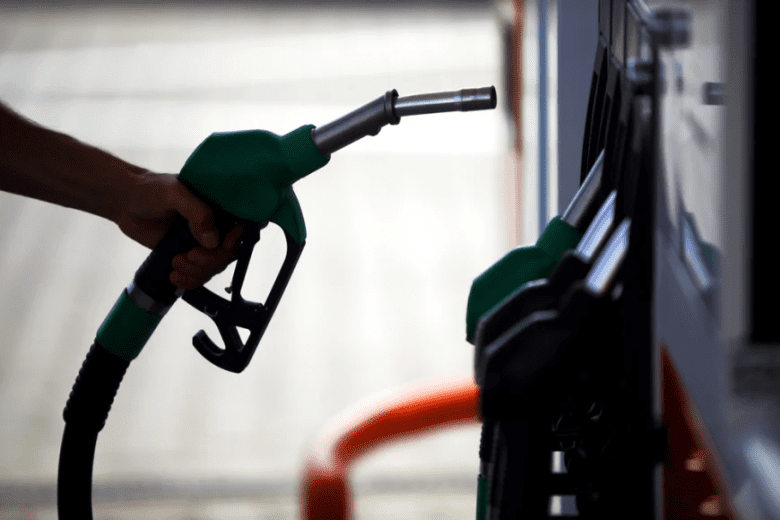Commenting on the prospect of higher UK fuel prices in light of the current crisis in the Gulf, RAC fuel spokesman Simon Williams said:
“Increasing tension between Washington and Tehran will cause the oil price to go up as traders worry about availability of supply. This will inevitably spell bad news for drivers at the pumps in the UK.
“As things stand, it looks like at least 2p a litre will be added to the price of both petrol and diesel in the next two weeks. If the current situation in the Middle East was to escalate however, drivers could be looking at far greater increases at UK forecourts.
“Unfortunately both petrol and diesel have also been subject to an annual EU renewable fuel obligation rise which has led to 1p a litre being added from the start of January.”
In addition to these factors, data from RAC Fuel Watch* recently revealed tha tthe oil price was already on the rise due a further OPEC production cut and the cooling of the US’s 17-month long trade war with China which has led to increased demand.
This brought an end to four months of falling petrol prices with a litre of unleaded going up very slightly (0.24p) to 126.11p.
The price of oil increased $3 ($2.91) a barrel over the course of the month from $63.61 to $66.52 – a rise of nearly 5% – as a result of the United States and China cooling their 17-month trade war. As China is one of the world’s biggest consumers of oil the dispute had been supressing the price of crude due to lower demand – much to the benefit of UK drivers at the pumps – until last month.
The supermarkets were quick to react to the rise in wholesale costs, putting up their forecourt prices just two weeks after a headline-grabbing mid-month cut to both petrol and diesel. Asda had led the way on 13 December by cutting 2p off a litre of unleaded, taking its pump price to 117.7p, and reducing diesel by a penny to 122.7p.
But by 29 December the supermarket had already increased its petrol price by 2.5p to 120.26p a litre. Its rivals also increased their unleaded prices.
Despite the mid-month cut the average price of petrol at the big four supermarkets went up 0.24p to 121.48p a litre – this is 4.63p lower than the UK average (126.11p). The same was true of diesel: having begun the month at 125.16p at the supermarkets, a litre of diesel closed out December at 126.02p – up 0.87p but still 4.59p below the UK average for all forecourts of 130.61p (up 0.75p on November). The rise in the average price of diesel is the first increase since September.
The cost of filling up a 55-litre family car with petrol is now £69.36 – up 13p on November – and £71.84 for diesel – up 41p.
Mr Williams said: “While there was some positive news for drivers in December with an overdue fuel price cut from the supermarkets mid-month, after Christmas things unfortunately took a turn for the worse when oil began to go up as a result of the US’s trade war with China cooling down. This led to the first monthly increase in the average price of unleaded since July.
“This situation very clearly demonstrates how UK drivers are at the mercy of global oil production issues when it comes to filling up. The trade dispute has helped keep a lid on oil prices and, in turn, petrol and diesel pump prices. Countering this, OPEC, the Organisation of the Petroleum Exporting Countries, and its allies have cut production with a view to keeping the oil price higher.
“As we embark on a new decade it is difficult to see that 2020 will be a good year for drivers in terms of fuel prices. As it stands we can’t see any reason for prices to come down significantly. Sadly, it seems more likely that there will be slight increases to contend with, unless of course there is a substantial jump in the value of the pound against the dollar or an unexpected drop in demand for oil.”
Motorists can keep abreast of the latest fuel prices by visiting RAC Fuel Watch.
Visit the RAC Media Centre to find full fuel price variation for your area.

Cheaper than AA or we’ll beat by 20%^
• Roadside cover from £5.49 a month*
• We get to most breakdowns in 60 mins or less
• Our patrols fix 4/5 breakdowns on the spot







